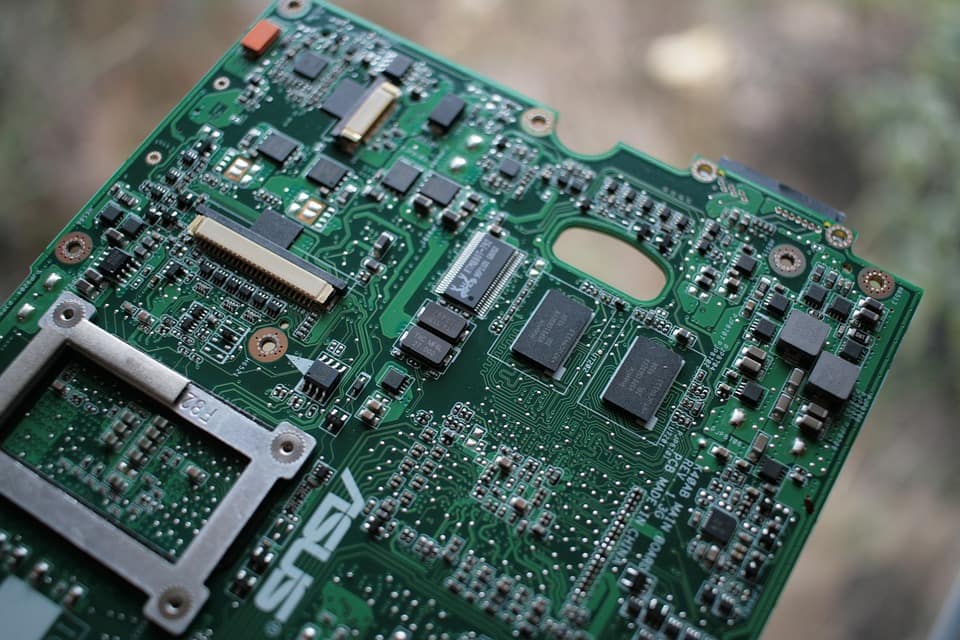Securing the Supply Chain: The Power of Blockchain in Combatting Counterfeiting and Fraud
The global supply chain is a complex network of manufacturers, suppliers, logistics providers, and customers. With the increasing demand for fast and efficient delivery of goods, the supply chain has become a critical component of modern businesses. However, this complexity has also made it vulnerable to various threats, including counterfeiting and fraud. Counterfeiting, in particular, has become a significant concern, with estimated losses of over $1.7 trillion globally each year. In this article, we will explore the role of blockchain technology in securing the supply chain and combating counterfeiting and fraud.
What is Counterfeiting?
Counterfeiting is the production and distribution of fake or counterfeit products, often designed to look like genuine goods. This can include anything from luxury goods like handbags and watches to critical components like spare parts and medications. Counterfeiting is a serious issue because it not only affects the integrity of the supply chain but also poses significant health and safety risks to consumers.
The Problem of Counterfeiting in the Supply Chain
Counterfeiting is a major problem in the supply chain for several reasons:
- Lack of Transparency: Traditional supply chain systems rely on manual documentation and record-keeping, making it difficult to track the origin and authenticity of products.
- Complexity: The supply chain is a complex network of suppliers, manufacturers, and logistics providers, making it challenging to monitor and control the flow of goods.
- Opportunity for Fraud: The lack of transparency and complexity in the supply chain creates opportunities for fraudsters to insert fake or counterfeit products into the chain.
How Blockchain Technology Can Help
Blockchain technology is a decentralized, digital ledger that records transactions and data across a network of computers. It is designed to be secure, transparent, and tamper-proof, making it an ideal solution for securing the supply chain. Here are some ways blockchain technology can help combat counterfeiting and fraud:
- Immutable Ledger: Blockchain technology provides an immutable ledger that records every transaction and movement of goods in the supply chain. This makes it possible to track the origin and authenticity of products in real-time.
- Transparency: Blockchain technology ensures transparency throughout the supply chain, making it possible to monitor and control the flow of goods.
- Encryption: Blockchain technology uses advanced encryption techniques to protect data and ensure that only authorized parties can access it.
- Smart Contracts: Blockchain technology enables the use of smart contracts, which are self-executing contracts with the terms of the agreement written directly into code. Smart contracts can automate payment and delivery of goods, reducing the risk of fraud.
Real-World Examples of Blockchain in Supply Chain Management
Several companies have already implemented blockchain technology in their supply chain management:
- Maersk: Maersk, a global logistics company, has implemented a blockchain-based platform to track the movement of goods across its supply chain. The platform uses smart contracts to automate payment and delivery of goods.
- Walmart: Walmart, a retail giant, has implemented a blockchain-based platform to track the origin and authenticity of produce. The platform uses a blockchain-based ledger to record data on the origin and movement of produce.
- IBM: IBM, a technology company, has developed a blockchain-based platform for supply chain management. The platform uses advanced analytics and AI to monitor and predict the movement of goods across the supply chain.
Conclusion
Counterfeiting and fraud are significant threats to the supply chain, and traditional methods of tracking and controlling the flow of goods are no longer sufficient. Blockchain technology provides a secure, transparent, and tamper-proof solution for securing the supply chain. By using blockchain technology, companies can reduce the risk of counterfeiting and fraud, improve transparency, and increase efficiency in their supply chain operations. As the use of blockchain technology in supply chain management continues to grow, we can expect to see significant benefits in terms of reduced costs, improved quality, and increased customer satisfaction.
FAQs
Q: What is the difference between blockchain and traditional supply chain management systems?
A: Blockchain technology is a decentralized, digital ledger that records transactions and data across a network of computers. Traditional supply chain management systems rely on manual documentation and record-keeping, making it difficult to track the origin and authenticity of products.
Q: How does blockchain technology prevent counterfeiting?
A: Blockchain technology provides an immutable ledger that records every transaction and movement of goods in the supply chain. This makes it possible to track the origin and authenticity of products in real-time. Additionally, blockchain technology uses advanced encryption techniques to protect data and ensure that only authorized parties can access it.
Q: Can blockchain technology be used to track the movement of goods across borders?
A: Yes, blockchain technology can be used to track the movement of goods across borders. Many countries are implementing blockchain-based systems to track the movement of goods across borders, making it possible to monitor and control the flow of goods more effectively.
Q: How can companies get started with implementing blockchain technology in their supply chain?
A: Companies can get started by conducting a thorough assessment of their supply chain operations and identifying areas where blockchain technology can be applied. They can then work with blockchain technology providers to develop a customized solution that meets their specific needs.
Q: Is blockchain technology only suitable for large companies?
A: No, blockchain technology is suitable for companies of all sizes. While large companies may have more complex supply chain operations, blockchain technology can be used by companies of all sizes to improve transparency, reduce costs, and increase efficiency in their supply chain operations.
Q: Is blockchain technology secure?
A: Yes, blockchain technology is secure. It uses advanced encryption techniques to protect data and ensure that only authorized parties can access it. Additionally, the decentralized nature of blockchain technology makes it difficult to hack or manipulate the data.

Leave a Reply